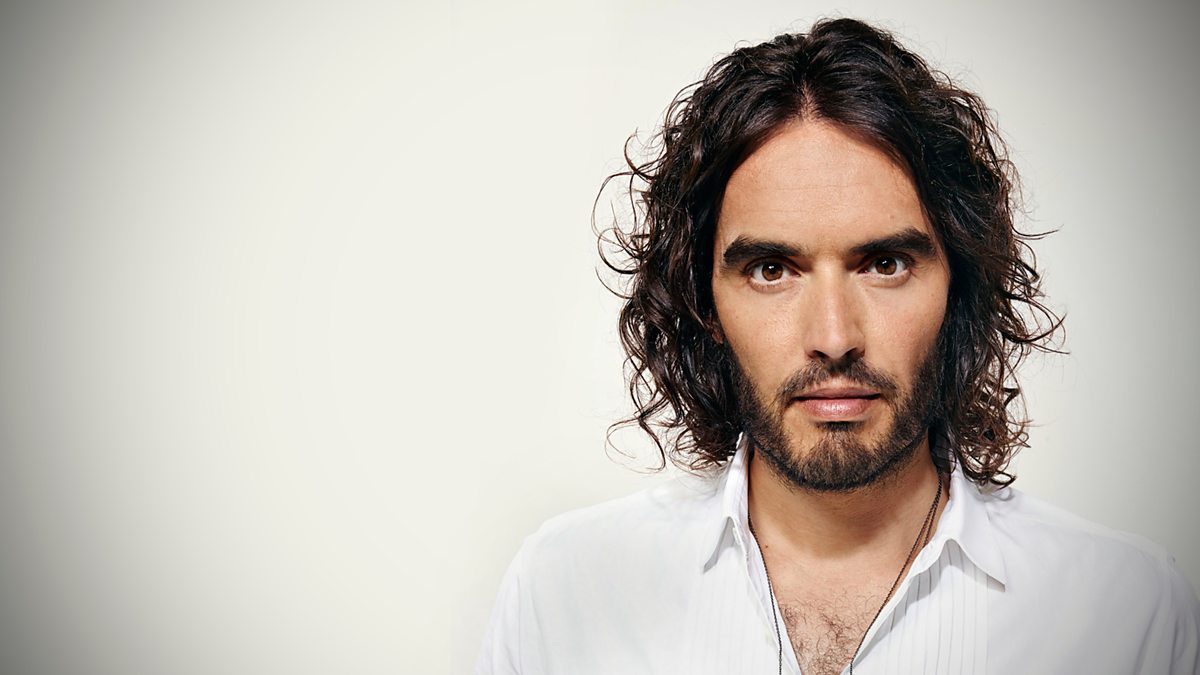
Russell Brand Releases New Memoir, Discusses Recovery from Addiction
Sober for more than 14 years, outspoken comedian Russell Brand has released a memoir detailing his experiences in sobriety, entitled Recovery: Freedom from Our Addictions.
Brand has publicly discussed his battles with addiction in the past, even writing a poignant piece for The Guardian in 2013. The piece, in part, detailed his urges to remain clean from his drug of choice—heroin—and the life that he created for himself throughout a decade of sobriety.
“From my first inhalation 15 years ago, it fumigated my private hell and lay me down in its hazy pastures and a bathroom floor in Hackney embraced me like a womb,” Brand wrote of his relationship with heroin.
Today, he is a married father of a young daughter, and has written about the “program” that has facilitated his commitment to recovery, and his full history with addiction. The book, out this past Tuesday, is Brand’s third, though possibly the most revealing in regard to his addiction. When interviewed by People, he revealed the system that he has developed for himself—and the hopeful change it has brought to his life.
The chapters of Brand’s new book are based on his own “12 Steps,” and use his signature humor to convey his experiences to others who may be struggling or have struggled with the same disease.
“If I feel those urges — even though I don’t feel them so often because I’m working the program — I talk to other people and I do stuff for other people and I meditate and pray. There’s a whole sort of series put in place for when I feel those urges,” said Brand to People.
For Brand, working a program has meant everything to his recovery. Admitting to addictions of alcohol, drugs, sex, and pornography, and food, he has remained candid about the powerful associations of his past—including how his addictions have affected his relationships.
Brand does not attribute his addictions to any one particular cause. He indicates rather that his drug abuse stemmed from a combination of many difficult situations–things that could not have necessarily been prevented.
The definition of “program” for Brand provides a refreshing perspective. His interview with People closed on an inspirational note, as it noted the avoidance that many addicts experience when it comes to confronting demons.
“We don’t choose between having a program and not having a program. We choose between having a conscious program and an unconscious program. When you’re not working a program consciously you’re working an unconscious program – the program of your childhood, the program of your culture, the program of your media. So it’s very important to become awakened,” said Brand.
Today, Brand emerges as a continued advocate for the recovery community. His story is a testament to perseverance—and the world of possibility that is created in overcoming addiction.
Learn more about Brand’s book by visiting here.